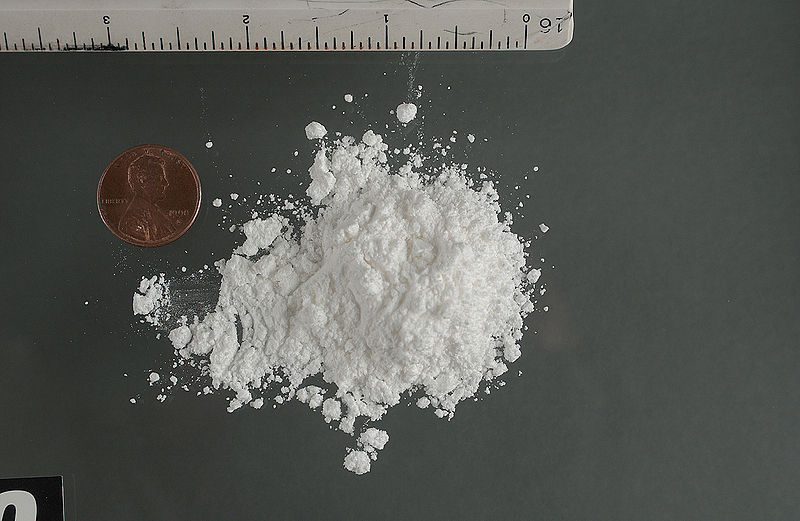
The Scottish government is pushing for the decriminalization of drug possession for personal use. In an effort to promote a more compassionate approach, Scottish ministers are urging the UK
government to amend reserved laws, aiming to shift the focus from criminalization to treatment and support for individuals found in possession of drugs.
The proposed legislative changes also include the establishment of supervised drug consumption facilities, along with increased access to substance checking services and emergency treatments for drug overdoses. While drug laws are currently under the jurisdiction of Westminster, the Scottish government holds responsibility for health and social policies surrounding drug consumption.
Scotland's Drugs Policy Minister, Elena Whitham, emphasized the aim of creating a society where problematic drug use is regarded as a health issue rather than a criminal matter. By reducing stigma and discrimination, the government hopes to enable individuals to recover and make positive contributions to society. These proposals align with the Scottish government's public health approach and their national mission to enhance and preserve lives.
This call for decriminalization comes four years after the SNP (Scottish National Party) expressed support for decriminalizing the possession and consumption of drugs at its party conference. However, the UK government, represented by the Home Office, has previously stated its opposition to decriminalizing drug possession and also rejects the notion of drug consumption rooms.
Despite a slight decrease in drug-related deaths in Scotland last year, following eight consecutive years of increases, the country still holds the highest drug death rate among European nations. Recognizing the severity of the crisis, the Scottish government has invested over £250 million into addiction services.
Efforts to establish drug consumption rooms in Scotland have faced ongoing challenges. Supporters argue that these facilities, which provide supervised environments for drug injection, are necessary and have the endorsement of the Scottish government. However, the UK government blocked an attempt to establish such rooms in Glasgow, citing concerns about associated criminal activities.
In 2021, the Lord Advocate's decision allowed individuals caught with Class A drugs in Scotland to receive a police warning instead of facing prosecution. Critics at the time considered this a form of de facto decriminalization, although it does not extend to drug dealing.
While the Scottish government's call for drug decriminalization has sparked debate, the UK government, led by Prime Minister Rishi Sunak, maintains its firm stance against drugs and currently has no plans to alter its approach. Scottish Conservative justice spokesman Russell Findlay criticized the proposals, expressing concerns about potential consequences, including increased drug availability and heightened risk to lives. Photo by An employee of the DEA, Wikimedia commons.








































